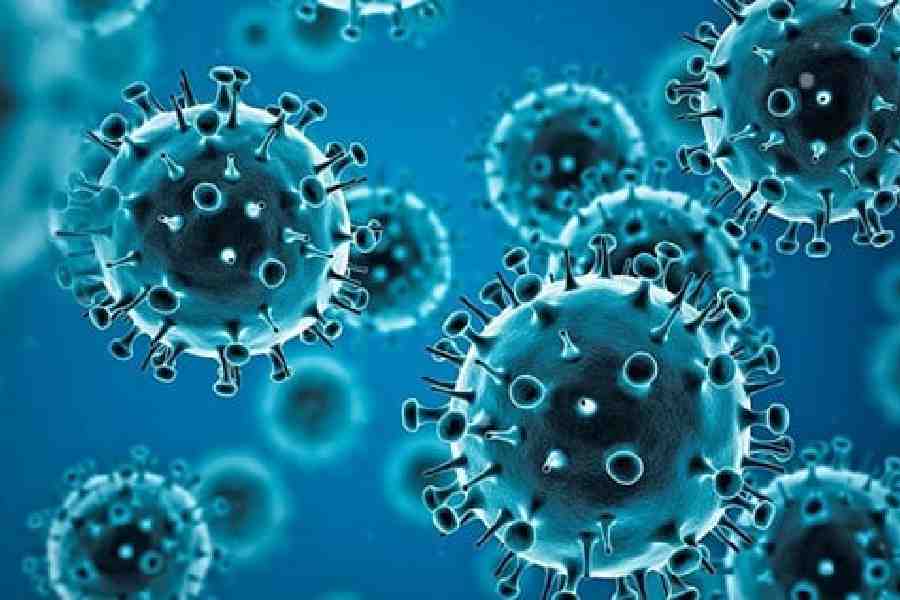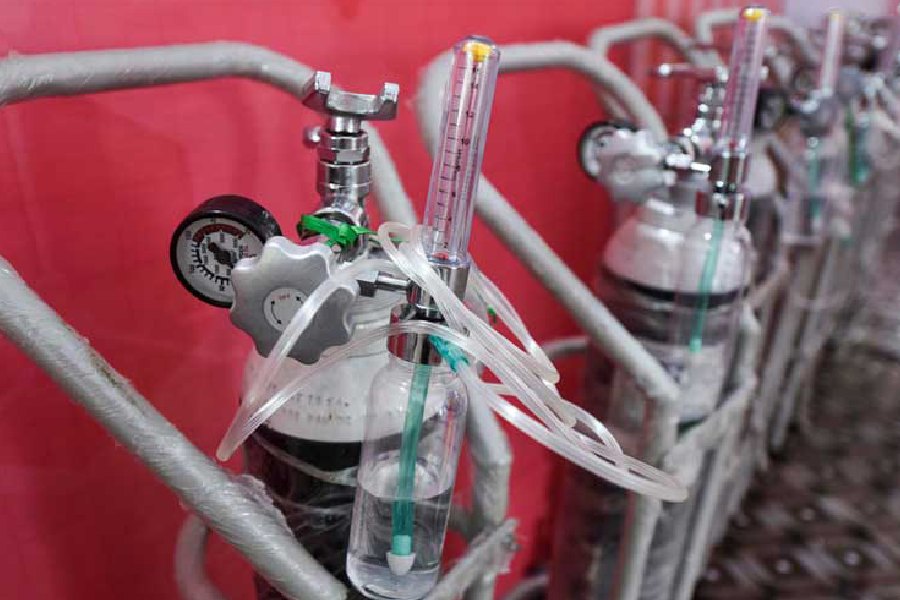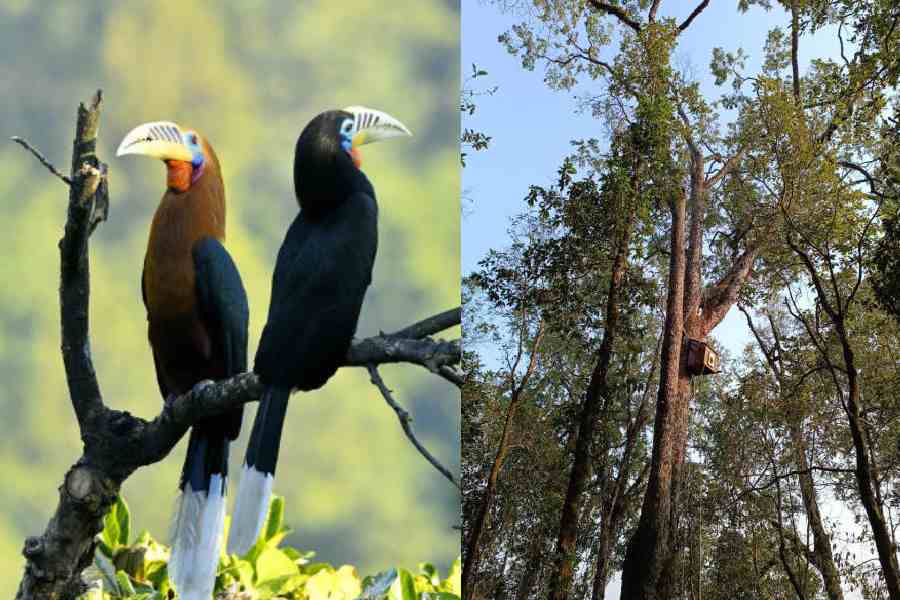A case of COVID-19 sub-variant JN.1 was detected in Kerala on December 8, official sources said on Saturday.
The sample from a 79-year-old woman had returned a positive result in an RT-PCR test on November 18, they said, adding that she had mild symptoms of influenza-like illnesses (ILI) and had recovered from COVID-19.
More than 90 per cent of the COVID-19 cases in India at present are mild and they are in home isolation, the sources said.
Earlier, an Indian traveller was also detected with JN.1 sub-variant in Singapore. The person was a native of Tamil Nadu’s Tiruchirapalli district and had travelled to Singapore on October 25.
No increase in cases was observed in Tiruchirapalli district or other places in Tamil Nadu following the strain being detected in them.
“No other case of JN.1 variant has been detected in India," the source said.
The JN.1 sub-variant -- first identified in Luxembourg and since spreading to several countries -- is a descendant of the Pirola variant (BA.2.86).
It contains a significant number of unique mutations, particularly in the spike protein, that may contribute to increased infectivity and immune evasion, a source explained.
However, initial data suggests that updated vaccines and treatments will still offer protection against JN.1 sub-strain, the source stated.
This sub-variant's resemblance to earlier sub-strains with distinct spike proteins is also noteworthy.
Most of the changes in JN.1 sub-variant are found in the spike protein, which likely correlates to increases in infectivity and immune evasion.
Globally, 3,608 cases of BA.2.86 and its sub-variants have been reported mostly from Europe and North America.
The US Centers for Disease Control and Prevention (CDC), however, said initial data suggest that updated COVID-19 vaccines will help protect against JN.1 sub-strain.
It also said an analysis from the federal government's SARS-CoV-2 Interagency Group suggests treatments and testing will remain effective, they said.
Except for the headline, this story has not been edited by The Telegraph Online staff and has been published from a syndicated feed.











